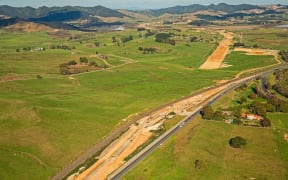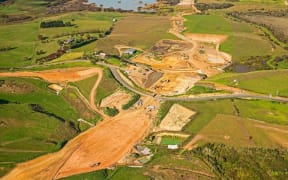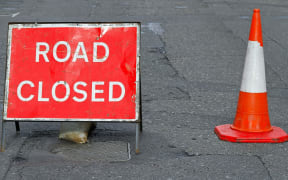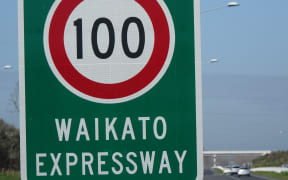The NZ Transport Agency (NZTA) is trusting Steel and Tube to investigate itself, after the company imported 1600 tonnes of substandard steel for the Huntly bypass.
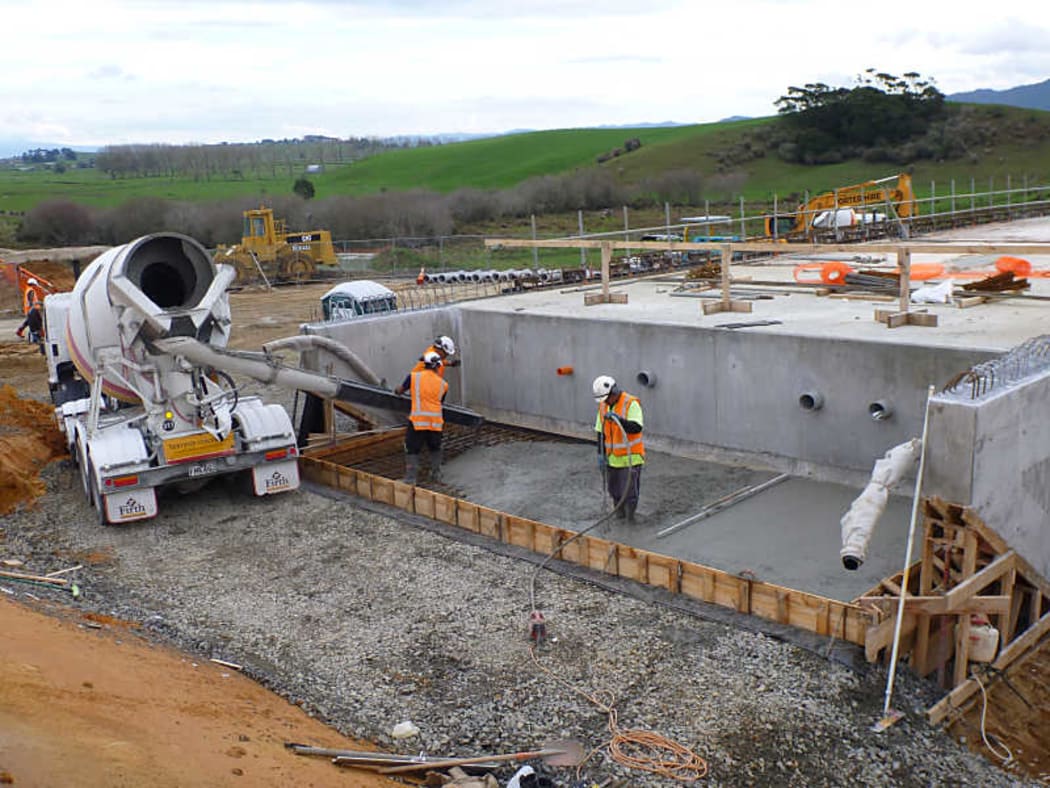
Workers lay down steel for the Huntly Bypass. Photo: Fletcher Construction
It was revealed earlier this month that Fulton Hogan and HEB Construction chose a cheap bid by Steel and Tube to import 1600 tonnes for new bridges on the bypass, and ended up with Chinese test certificates that proved worthless.
Some of the weak steel was already being installed as piles for bridges on the bypass before local test results came back.
The investigaton into the root cause of the bad deal will be carried out by Steel & Tube, which has also been trusted to go back out and buy replacements for the big steel bridge piles.
The agency has declined to comment on the decision, and will not release the results of tests that exposed the steel as substandard.
It has also refused to provide the names of the mill and testing lab on the Chinese side, saying that Steel & Tube was involved in "commercial and confidential" talks with multiple agencies in New Zealand and in China, so it would be "inappropriate" to comment at this stage.
RNZ News understands the Huntly Bypass steel scored just a fraction of the benchmark in a toughness test and was classed as 'brittle'.
The steel piles, which were destined to hold up four bridges on the bypass, scored less than a sixth of the benchmark of 27 joules in the 'Charpy test', which measures how steel stands up to impacts before it fractures.
The toughest seismic steel returns on average 70 joules in this test.
The Transport Agency has insisted its quality controls were good enough, but will not reveal what measures it will take to stop the use of more substandard steel.
The agency has provided a timeline showing that the tests in this country were ordered on the steel last December, but were delayed.
Work on driving in the piles began before the results came back because the contractors thought it was "very unlikely" the steel would not pass.

